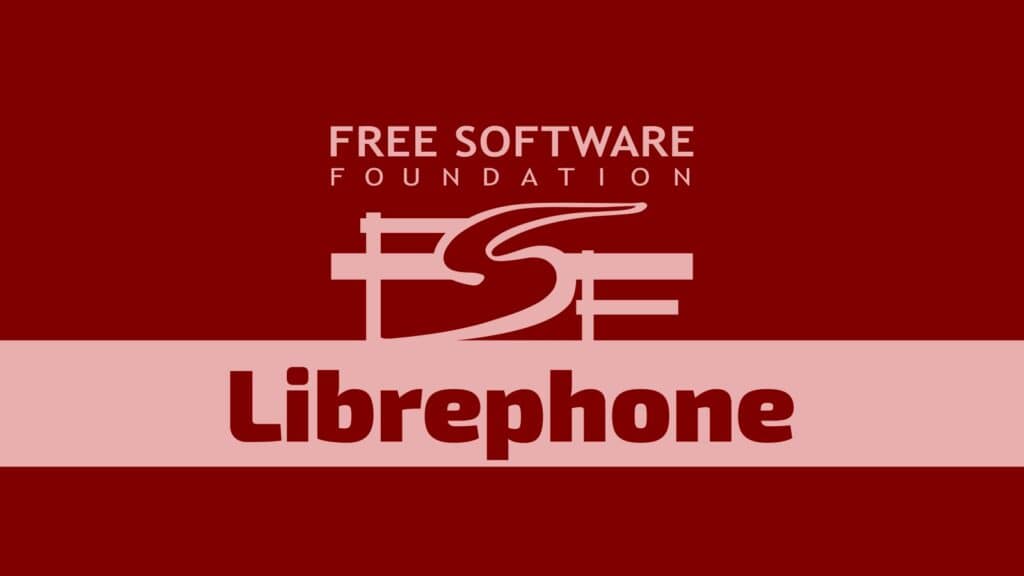The Free Software Foundation (FSF) has shared new details about its recently announced Librephone project, an initiative that aims to free smartphones from proprietary software and firmware.
The organization says the goal is simple — to enable users to own and control every layer of their mobile devices, from the operating system down to the modem firmware.
According to the FSF, modern phones are built around deeply closed hardware and firmware components, often referred to as “blobs.” These binary-only components are required for basic functions like Wi-Fi, Bluetooth, and even booting the device, making them a significant obstacle to user freedom.
In this respect, Librephone’s long-term plan is to research and replace as many of these nonfree components as possible with open, verifiable alternatives.
Unlike existing mobile projects such as PostmarketOS or Replicant, which focus mainly on the operating system level, Librephone wants to dig deeper into the hardware. The team plans to study and document how these components work through reverse engineering, starting with existing chipsets and phones that already have partial open-source support.
The FSF has emphasized that Librephone isn’t about building a new smartphone from scratch, at least not right now. Instead, it’s about laying the technical foundation for a future in which free software can run on widely available hardware. As part of this, the project will also publish all its research and tools under free licenses so that others can build on them.
In a newly published FAQ, the FSF explains that progress will take time — possibly years — given how complex modern mobile hardware has become. Still, they’re encouraging the community to get involved through donations, volunteering, and technical contributions, especially from developers experienced in firmware analysis, embedded systems, and low-level reverse engineering.
For more information, see the announcement. The project’s page is here.
